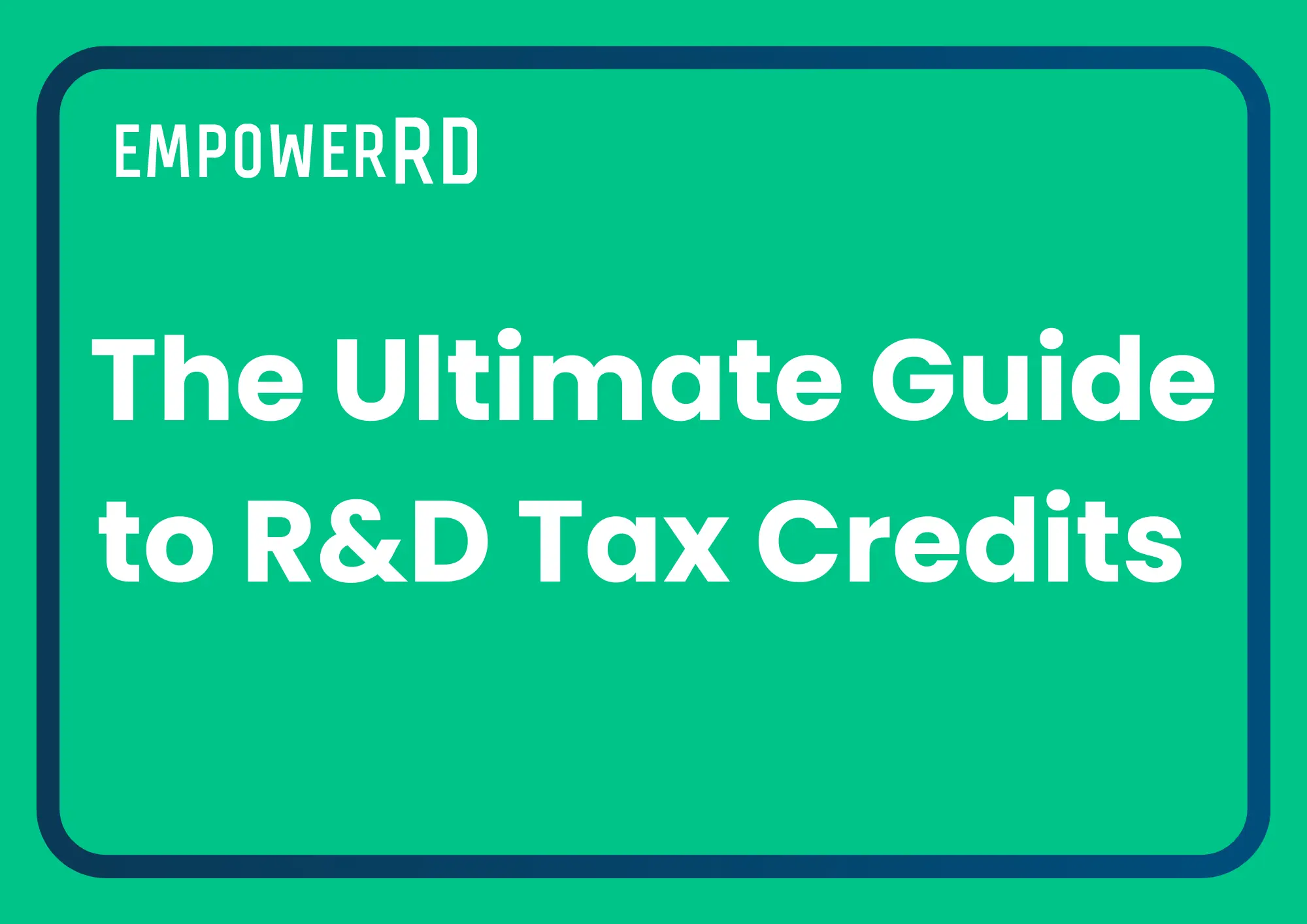For your business to be able to claim R&D tax credits for a project, you’ll need to use a ‘competent professional’.
Before you can claim R&D tax credits, you need to prove your business’s eligibility to claim. This means meeting HMRC’s set of guidelines that define R&D activity. One of the essential criteria within this for eligibility is that you’ve used a ‘competent professional’ for your project.
But what is a ‘competent professional’, and why are they required for an R&D tax credit claim to qualify?
In this article:
What is a competent professional?
A competent professional is someone who has a successful track record and significant expertise in the field in which your business conducts its R&D activity. This might be an engineer for a manufacturing business or a developer for a software company.
They might have acquired this professional competence and relevant experience through higher education, apprenticeships, or industry experience. For many businesses, the ‘competent professional’ is an in-house specialist with enough expertise in the field of your R&D projects.
In the opinion of HMRC, your company’s competent professional is such a person who has enough technical knowledge to know whether the R&D activity is necessary. To cite the definition in their Corporate Intangibles and Development Manual, the competent professional must:
- Be knowledgeable about the relevant scientific and technological principles involved.
- Be aware of the current state of knowledge.
- Share accumulated experience and be recognised as having a successful track record.
HMRC also states that it’s not good enough to have an ‘intelligent interest’ or work in the field; the ‘competent professional’ must have the necessary knowledge to qualify. Therefore, a competent professional working on your projects should differentiate between work that is R&D and work that is not.
Competent professionals and R&D eligibility
To be eligible to claim R&D tax credits, a business must prove that they’ve encountered scientific or technological uncertainties that could only be solved with R&D and not with publicly available information or preexisting knowledge. This is where the ‘competent professional’ comes in, see quote from HMRC below:
‘Scientific or technological uncertainty exists when knowledge of whether something is scientifically possible or technologically feasible, or how to achieve it in practice, is not readily available or deductible by a competent professional working in the field.’
Considering this, it’s the competent professional’s knowledge and expertise that determines whether a project experienced a scientific or technological uncertainty and could only be solved with R&D.
How the competent professional works in your claim
When you submit your R&D tax credit claim, it’s advantageous to provide relevant information about your competent professionals, including their education, experience and track record. Having as much relevant information as possible will add weight to your technical narrative and give your evidence more clout with HMRC.
In most cases, it will be the competent professional who leads the process of composing your technical narrative. Since they’ve managed your business’s R&D work, they should identify the project that you claim R&D tax credits for. Their technical narrative will include the issues faced, the decisions made throughout and, of course, the technical uncertainties.
While competent professionals should lead the process, it can still be a collaborative process, and other team members can help build out the narrative.
How EmpowerRD works with competent professionals
At EmpowerRD, we’ve created an online platform that allows your team to work collaboratively. Multiple users can contribute to the narrative in real-time, which the technical lead can easily monitor.
We don’t ask you to write an extended, complex essay. We help your technical team get the most important information down and then our experienced narrative team builds this into a compliant technical narrative for HMRC.









